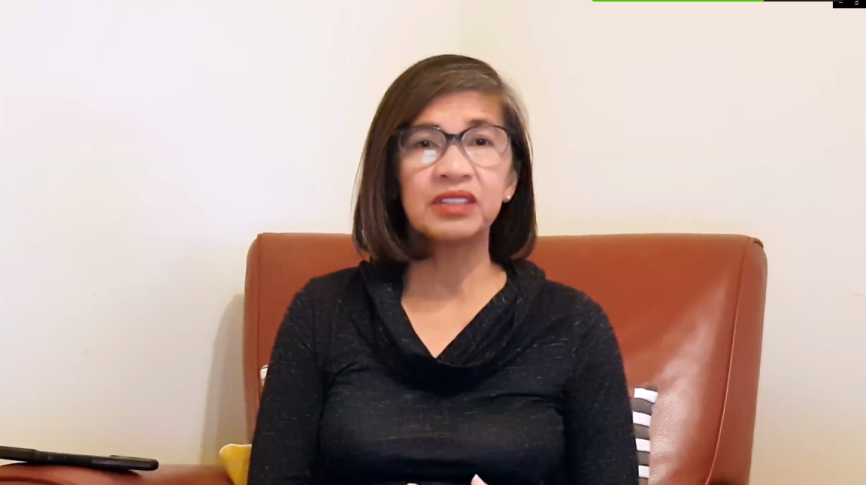
The Partner2Connect Digital Coalition (P2C) launched a Pledging Portal and Focus Areas Action Framework on 16 March, aiming to foster meaningful connectivity and digital transformation globally with a focus on but not limited to hardest-to-connect communities in Least Developed Countries (LDCs), Landlocked Developing Countries (LLDCs) and Small Island Developing States (SIDS). In particular, it aims to help identify the key issues driving change, define specific gaps, and propose high-quality interventions, pledges and policies to fill those gaps. The focus areas aim to promote access, empower communities, build digital ecosystems, and incentivise investments.
The pledging platform was launched during a web dialogue around these issues, where several initial pledges to advance digital inclusion were presented. The government of Ghana, for example, pledged to innovate its approach to rural connectivity by providing open and free spectrum usage, regardless of technology or entity. This could be an important step to bridging the digital divide and may benefit more than 6,000 villages across the country by 2023.
The P2C Coalition is a multistakeholder alliance launched by the International Telecommunication Union (ITU) in close cooperation with the Office of the Secretary-General’s Envoy on Technology, and in line with the UN Secretary-General’s Roadmap for Digital Cooperation. As part of the P2C Coalition, APC was invited to be part of the “Empowering Communities” focus area lead. From that role, APC has been highlighting the importance of commitment to policy, regulation and financial mechanisms that enable community-led initiatives.
"Our pledge should be to empower communities directly affected by the problem so they become part of the solution," said APC’s executive director, Chat Garcia Ramilo.
Through APC’s support of 30 community-led initiatives in 16 countries across Africa, Asia, and Latin America and the Caribbean, APC has witnessed community networks showing how innovative and community-centred models lead to meaningful connectivity.
See Chat Garcia Ramilo’s message below:
Local content and services
As part of the focus on empowering communities, APC’s local access policy and regulation coordinator Carlos Rey-Moreno highlighted the relevance of connectivity being built to support the creation and dissemination of local content and services.
“Empowering communities doesn't only relate to building the physical network infrastructure, but also around creating their own content,” he explained. “There is a long tradition around community media and communications, with community radios leading on that front. With the internet we have the opportunity to go beyond that and bridge the oral and digital cultures at the community level,” added Carlos Rey-Moreno.
Several of the barriers mentioned during the web dialogue can be tackled when people create their own solutions to address local needs, including the following highlights noted by Carlos Rey-Moreno:
-
Meaningfulness: The content is directly contextualised to local needs and challenges, which is critical to relevance. In addition, while there is a lot of emphasis on access to information, meaningfulness is about the preservation of knowledge and heritage as well.
-
Skills: Content is made available in many cases via audio or video format, which leads to a more inclusive user base as people, especially the elderly, can interact with the content without needing to know how to read or write.
-
Affordability: Going beyond local content creation and making content available locally reduces the cost of using it, as no internet connection is required. High internet costs strangle the potential for local content creation.
-
Gender gap: In many experiences, there was higher participation of women than men in local content creation. In one initiative in India, local content creation by women led to understanding and overcoming some of the barriers they face in accessing the internet.
“Relevant local content and services are critical to close the digital divide, and the best way to make them available is to empower the communities lacking meaningful access to create the content and services they consider important to themselves,” summarised Carlos Rey-Moreno.
Taking the pledge to support community connectivity
The coalition will continue to receive pledges via the platform. From 7 to 9 June 2022, a P2C Digital Development Roundtable during the World Telecommunication Development Conferences (WTDC) will give an opportunity for attendees to announce their pledges and advance towards them.
Hopefully, national regulators and policy makers will heed the words of Doreen Bogdan-Martin, director of ITU’s Telecommunication Development Bureau, during the platform launch. Announcing concrete steps towards supporting community networks, Bogdan-Martin stated, “Connecting everyone is absolutely critical, especially for marginalised communities. We need to take that human-centred approach. We need to be community-focused.”